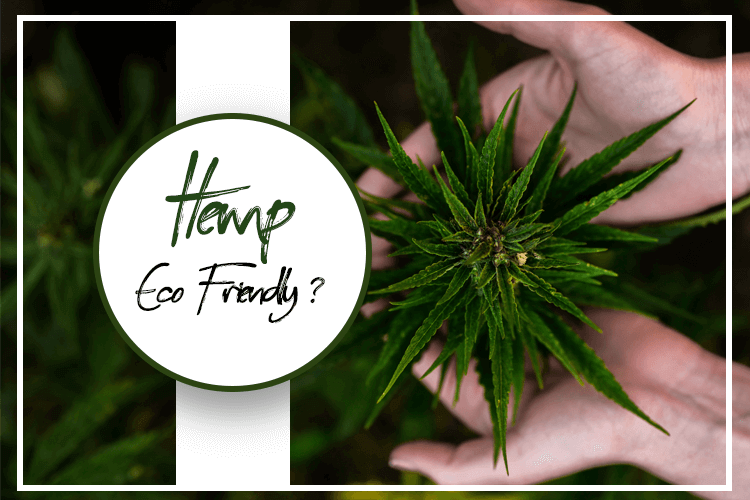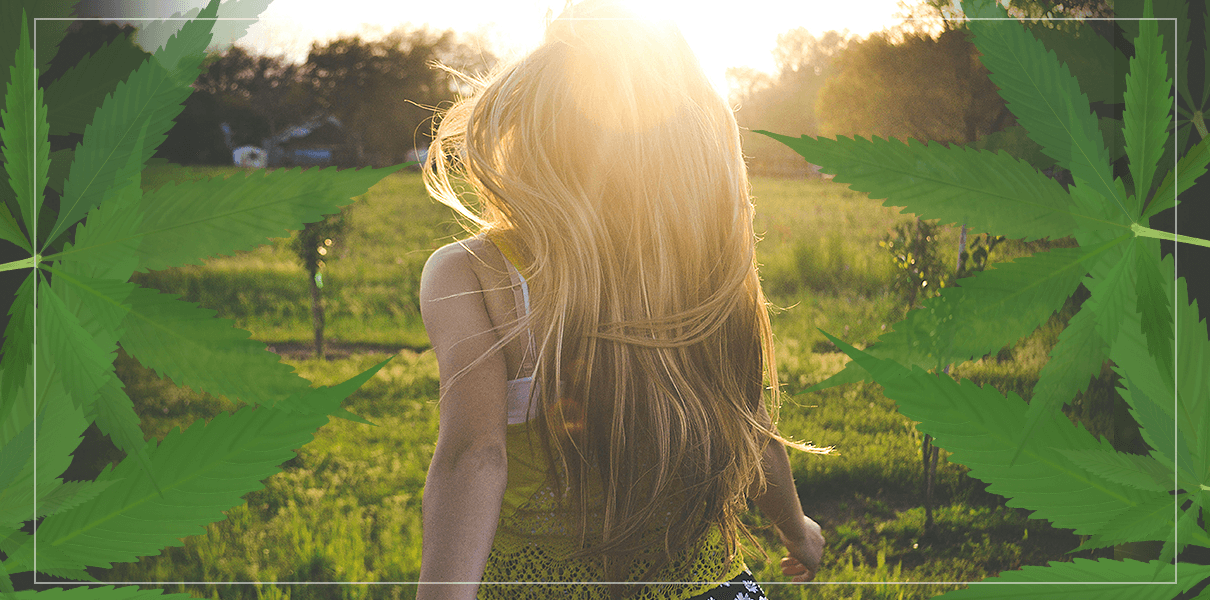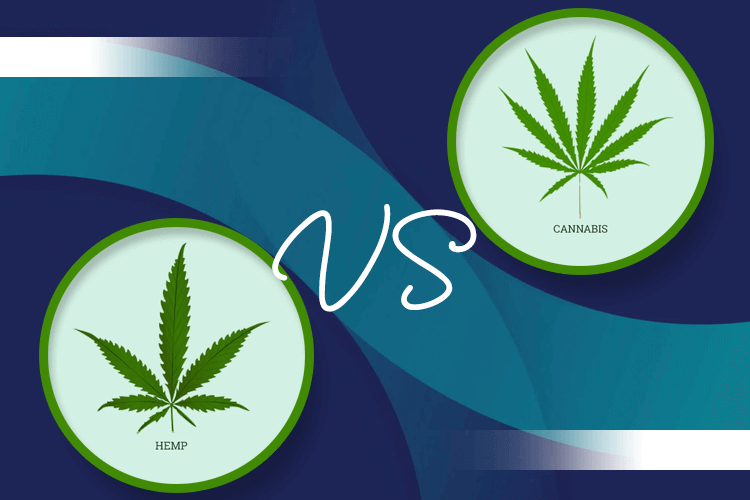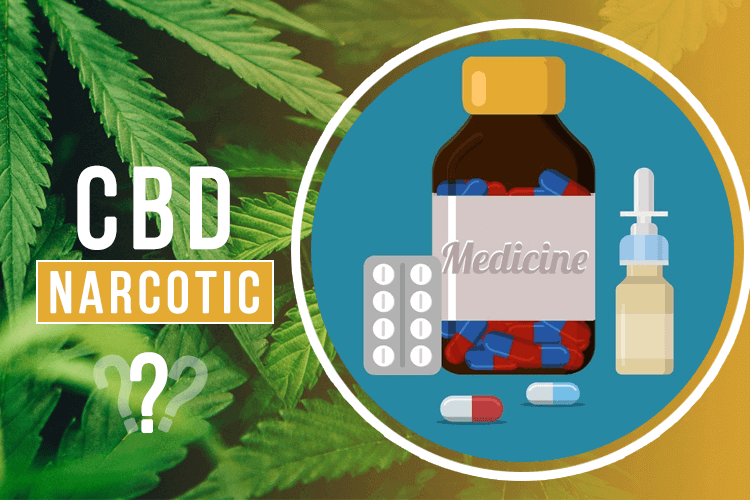As signalled by the people advocating the sustainable benefits of the hemp industry, the crop has an ability to replenish the soil as well as the earth.
Hemp requires water as well as nutrients like other crops as well as attracts pests. Hemp is considered a likely profitable crop good enough for regular large-scale field production by orthodox commodity farmers.
With the progress in the development of the hemp industry, as the availability of the resources increase, people who promote sustainable hemp production have stated that the farmers have a choice. Hemp could either be a crop that heals the soil, or it could cause mass erosion, contaminate the soil and pollute the groundwater like the other commodity crops.
Hemp Industry Daily spoke to hemp industry insiders on World Earth Day to gain insights on how the hemp farmers may keep up the crop’s stature and continue to operate via responsible farming techniques.
Enrolment in various conservation programs by USDA
Hemp’s newly achieved legal status enables the farmers to be eligible for the various federal programs hosted by the U’S’ Department of Agriculture, as well as the conservation programs. These programs focus on decreasing soil erosion, improvement of the quality of water, enhancing wildlife habitat as well as lessening damages induced by floods or other natural calamities.
Funding opportunities for the producers as well as the landowners are provided in abundance by Natural Resources Conservation Service (NRCS) programs, USDA.
The licensed producers who are able to meet the federal, state and/or tribal requirements may participate in certain NRCS programs this season:
- The Environmental Quality Incentives Program assigns various financial resources as well as guidance plans to execute better conservation measures to improve the quality of water, air, soil, wildlife habitat and the farm as a whole.
- armers often face problems related to natural resources while operating. They require technical as well as financial assistance as provided by the Conservation Stewardship Program.
- To address concerns regarding on-farm, watershed or regional natural reserves, the Regional Conservation Partnership Program partners with others to arrange conservation activities and impart information on the same.
- The Agricultural Conservation Easement Program assists the landowners to make use of conservation easements to shield, restore as well as enhance the wetlands, grasslands, ranches and working farms.
Application for USDA Organic Certification
Hemp farmers are granted the opportunity by the USDA Organic Certification to seek official certification by following strict rules to grow their crops. This allows the farmers to conduct marketing.
In agricultural markets, consumption of organic products has increased rapidly.
According to Organic Produce Network’s released data, within March 2020, fruits and vegetables produced organically have managed to outperform regular produce. In comparison to the first financial quarter of 2019, in 2020, the organic sales were increased by 8% while the conventional produce by 6.6%. An increase of 22% in the sale of total organic products were noted in March, with a total of $546.8 million.
Farmers may organically produce hemp in spite of no certification, but cannot market the products to the consumers as “organic” without the USDA certification. Many of them have actually made this move in order to ascend the ladder of success in an attempt to outrun each other.
JD Farms, the state’s first organic hemp farm, is the maker of Eaton Hemp in New York’s Madison County. The co-owner of this firm, Dan Dolgin said that since obtaining organic certification is not simple, the producers should be fully committed if they wish to undertake it.
“Every organic certification is a yearly process that’s extremely intensive, and we pride ourselves in being organized – that definitely helps,” Dolgin said. He further states, “Stewardship is that sense of ownership, and we take great pride in the fact that we are guardians of the cycle of life.”
In a market where the producers are limited in how they market their produce, hemp producers who have obtained the certification have stated that it has helped regain and increase consumer faith in the market. The products are environmentally friendly and the familiar label serves as an effective tool in assuring the consumers of the quality as well as the sustainable development of the produce minus chemicals.
Implementation of regenerative farming techniques
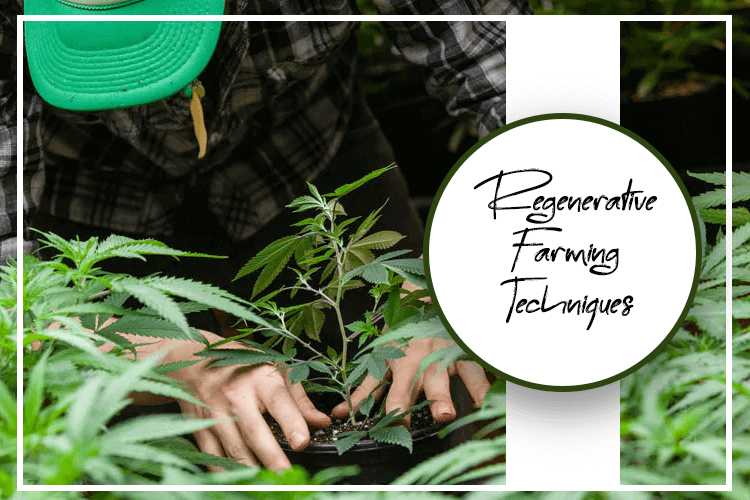
Regenerative farming helps promote ecological preservation as well as soil conservation in addition to organic production.
RE Botanicals is a hemp company based in San Francisco which is actively operating in South Carolina. The founder, John Roulac, has accounted for hemp lending itself properly to regenerative farming.
As reported by Hemp Industry Daily, Roulac said, “Soil and oceans are the greatest carbon sinks in the world, and the No. 1 job if we want to survive in this planet is taking the load of carbon that’s in the atmosphere … and returning it back to where it belongs, which is below the ground,”
In addition, he says that farmers may successfully help add carbon to soil via regenerative farming techniques, by:
- Using various cover crops.
- Integrating certain animal practices, for e.g. grazing.
- Eliminate the rampant usage of chemical fertilizers or pesticides
- Employing composting.
Roulac also said that growing organic crops and using synthetic fertilizers to enhance their growth adds to water pollution. This is because hemp requires large quantities of nitrogen, which are, in turn, produced by hydraulic fracturing that collects natural gas.
To restore the necessary nitrogen to the soil, rotational crops like alfalfa, peas and/or vetch might be used.
“The majority of farmers in America today use synthetic fertilizer because it’s cheap and convenient, but it destroys our soils and destroys our groundwater and is destroying our planet”, said he.
Areas in which conventional crops are mass-produced, the soil is devoid of nutrients and very few microorganisms are left to survive. This may cause the farms to take around three to five years’ time to improve the quality of the soil using regenerative farming techniques.
“It basically follows the practice of spreading it, slow it, sink it: When water hits the soil and the ground, if you’re practicing regenerative agriculture, that water penetrates into the soil quickly; whereas. if you’re using industrial practices, degenerative practices, (the water) runs off, and it can cause massive soil erosion”, added Roulac.
Moreover, he said, farmers may successfully conserve water, and in turn lead to the improvement of biodiversity (which includes protecting various pollinators, for e.g.’ bees, insects etc.), via addition of organic matter to the soil.

